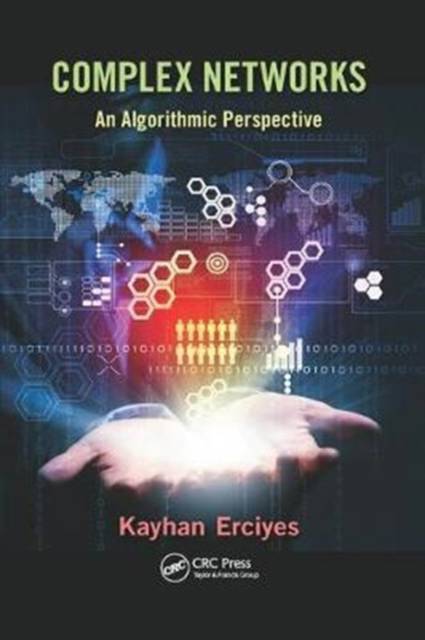
- Retrait gratuit dans votre magasin Club
- 7.000.000 titres dans notre catalogue
- Payer en toute sécurité
- Toujours un magasin près de chez vous
- Retrait gratuit dans votre magasin Club
- 7.000.0000 titres dans notre catalogue
- Payer en toute sécurité
- Toujours un magasin près de chez vous
63,95 €
+ 127 points
Format
Description
Network science is a rapidly emerging field of study that encompasses mathematics, computer science, physics, and engineering. A key issue in the study of complex networks is to understand the collective behavior of the various elements of these networks.
Although the results from graph theory have proven to be powerful in investigating the structures of complex networks, few books focus on the algorithmic aspects of complex network analysis. Filling this need, Complex Networks: An Algorithmic Perspective supplies the basic theoretical algorithmic and graph theoretic knowledge needed by every researcher and student of complex networks. This book is about specifying, classifying, designing, and implementing mostly sequential and also parallel and distributed algorithms that can be used to analyze the static properties of complex networks. Providing a focused scope which consists of graph theory and algorithms for complex networks, the book identifies and describes a repertoire of algorithms that may be useful for any complex network.- Provides the basic background in terms of graph theory
- Supplies a survey of the key algorithms for the analysis of complex networks
- Presents case studies of complex networks that illustrate the implementation of algorithms in real-world networks, including protein interaction networks, social networks, and computer networks
Requiring only a basic discrete mathematics and algorithms background, the book supplies guidance that is accessible to beginning researchers and students with little background in complex networks. To help beginners in the field, most of the algorithms are provided in ready-to-be-executed form.
While not a primary textbook, the author has included pedagogical features such as learning objectives, end-of-chapter summaries, and review questionsSpécifications
Parties prenantes
- Auteur(s) :
- Editeur:
Contenu
- Nombre de pages :
- 320
- Langue:
- Anglais
Caractéristiques
- EAN:
- 9781138033894
- Date de parution :
- 12-10-17
- Format:
- Livre broché
- Format numérique:
- Trade paperback (VS)
- Dimensions :
- 156 mm x 233 mm
- Poids :
- 589 g

Les avis
Nous publions uniquement les avis qui respectent les conditions requises. Consultez nos conditions pour les avis.






